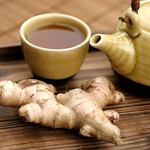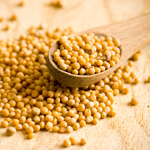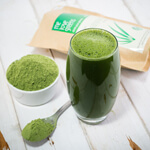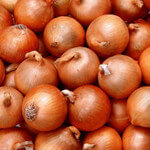
According to the American Nutrition Association, over 70 million people across the United States regularly suffer from heartburn, acid reflux, irritable bowel syndrome, abdominal pain, bloating and other gastrointestinal problems. Many of these problems are linked to food sensitivities (especially gluten and dairy), consumption of processed foods, and gut flora imbalances, while others are often simply the result of eating too quickly. Regardless of their cause, gastrointestinal problems are almost always uncomfortable to endure, and…










